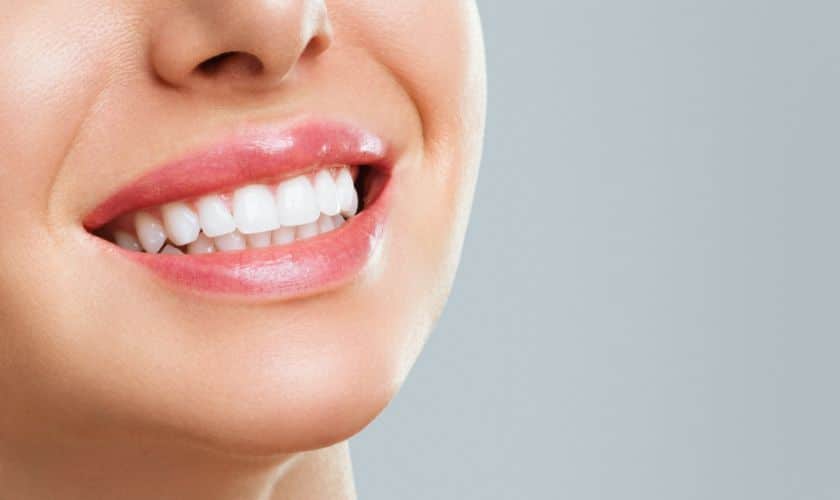
Can I Whiten My Teeth Permanently?
A bright, white smile is often associated with confidence and good health. But as we indulge in our favorite foods and drinks, our teeth inevitably lose their pearly brilliance. So, the question arises: can teeth whitening be permanent?
The answer, unfortunately, is not a simple yes or no. Teeth whitening treatments are incredibly effective at achieving whiter teeth, but the results aren’t forever. This blog delves into the world of teeth whitening, exploring the different methods, their longevity, and ways to maintain a bright smile for as long as possible.
Exploring Teeth Whitening Options
There are several teeth whitening options available, each with varying degrees of effectiveness and longevity:
1. In-office teeth whitening: Performed by a dentist, this is the most powerful teeth whitening treatment. The dentist applies a concentrated bleaching agent to your teeth, often activated by a special light. In-office whitening can achieve dramatic results in a single session, typically lasting for 2-3 years with proper maintenance.
2. At-home teeth whitening kits: These kits typically include bleaching trays that you fill with a whitening gel and wear for a designated period daily. While less potent than in-office treatments, at-home kits offer a convenient and more affordable option. Results can last for 1-2 years with consistent use.
3. Whitening toothpaste and mouthwash: These over-the-counter products contain mild bleaching agents and polishing ingredients that can remove surface stains and slightly whiten teeth. However, the effects are subtle and may not be noticeable for everyone. They can be a good option for maintaining whiteness after a professional teeth whitening treatment.
4. Natural whitening methods: Some people explore natural methods like brushing with baking soda and hydrogen peroxide, or using fruit peels. While some anecdotal evidence exists, there’s a lack of scientific backing for their effectiveness. Additionally, improper use of these methods can damage tooth enamel. It’s best to consult your dentist before attempting any natural whitening techniques.
Factors Affecting the Longevity of Teeth Whitening Treatments
Several factors can influence how long your teeth whitening results last:
1. The type of teeth whitening treatment: As mentioned earlier, in-office treatments generally provide longer-lasting results compared to at-home kits or whitening toothpaste.
2. The severity of stains: Deeply ingrained intrinsic stains may not whiten as dramatically or remain white as long as surface-level extrinsic stains.
3. Diet and lifestyle habits: Consuming staining foods and drinks like coffee, tea, red wine, and berries can accelerate the return of stains. Smoking and tobacco use can also contribute to staining.
4. Oral hygiene practices: Brushing twice daily, flossing regularly, and getting regular dental cleanings help remove surface stains and prevent new ones from forming, extending the whitening effects.
Tips to Maintaining Your White Smile
Here are some tips to help your teeth whitening treatment last longer:
1. Practice good oral hygiene: Brushing twice daily with fluoride toothpaste and flossing at least once a day are essential for removing surface stains and maintaining overall oral health.
2. Limit staining foods and drinks: While you don’t have to eliminate your favorite indulgences, try to moderate your intake of coffee, tea, red wine, and other staining beverages. Rinse your mouth with water after consuming these products.
3. Use a whitening toothpaste: Consider using a whitening toothpaste to help maintain whiteness and remove surface stains between professional treatments. However, choose a toothpaste with the American Dental Association (ADA) seal of approval to ensure its safety and effectiveness.
4. Schedule regular dental cleanings: Regular dental cleanings not only remove tartar and plaque but also help remove surface stains, keeping your smile bright.
5. Consider touch-up treatments: Depending on the type of treatment you receive and your individual needs, you might consider occasional touch-up treatments at home or with your dentist to maintain whiteness.
While achieving a permanently white smile isn’t quite possible, teeth whitening treatments can significantly brighten your teeth and boost your confidence. By understanding the types of stains, choosing the right whitening





